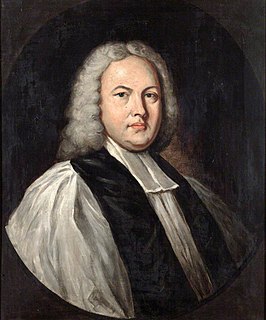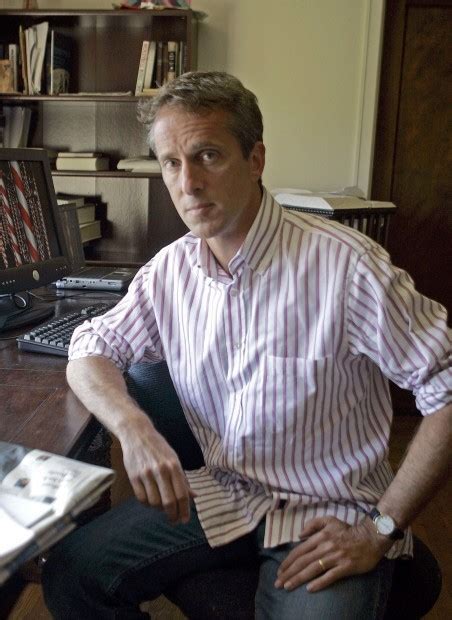A Quote by John Keats
We have oftener than once endeavoured to attach some meaning to that aphorism, vulgarly imputed to Shaftesbury, which however we can find nowhere in his works, that "ridicule is the test of truth."
Related Quotes
There are some works which the authors must consign unpublished to posterity, however uncertain be the event, however hopeless be the trust. He that writes the history of his own times, if he adhere steadily to truth, will write that which his own times will not easily endure. He must be content to reposite his book till all private passions shall cease, and love and hatred give way to curiosity.
It is commonly said that ridicule is the best test of truth; for that it will not stick where it is not just. I deny it. A truth learned in a certain light, and attacked in certain words, by men of wit and humor, may, and often doth, become ridiculous, at least so far, that the truth is only remembered and repeated for the sake of the ridicule.
It is some disaster for any mind to hold any one thing for truth that is untrue, however insignificant it be, or however honestly it be held. It is a greater disaster when the false prejudice bars the way to some truth behind it, which, but for it, would find an entrance to the soul; and the greatness of the disaster will in this case be measured by the importance of the excluded truth.
But there's the rub. The present can never deliver one thing: meaning. The way of happiness and meaning are not the same. To find happiness, a man need only live in the moment; he need only live for the moment. But if he wants meaning--the meaning of his dreams, his secrets, his life--a man must reinhabit his past, however dark, and live for the future, however uncertain. Thus nature dangles happiness and meaning before us all, insisting only that we choose between them.
Close friends and relatives, while not meaning to do so, often handicap on through 'opinions' and sometimes though ridicule, which is meant to be humorous. Thousands of men and women carry inferiority complexes with them all through life, because some well-meaning, but ignorant person destroyed their confidence through opinions or ridicule
A Christian boy or girl can learn mathematics, for example, from a teacher who is not a Christian; and truth is truth however learned. But while truth is truth however learned, the bearing of truth, the meaning of truth, the purpose of truth, even in the sphere of mathematics, seem entirely different to the Christian from that which they seem to the non-Christian; and that is why a truly Christian education is possible only when Christian conviction underlies not a part but all, of the curriculum of the school.
For him it was a dark passage which led to nowhere, then to nowhere, then again to nowhere, once again to nowhere, always and forever to nowhere, heavy on the elbows in the earth to nowhere, dark, never any end to nowhere, hung on all time always to unknowing nowhere, this time and again for always to nowhere, now not to be borne once again always and to nowhere, now beyond all bearing up, up, up and into nowhere, suddenly, scaldingly, holdingly all nowhere gone and time absolutely still and they were both there, time having stopped and he felt the earth move out and away from under them.





































